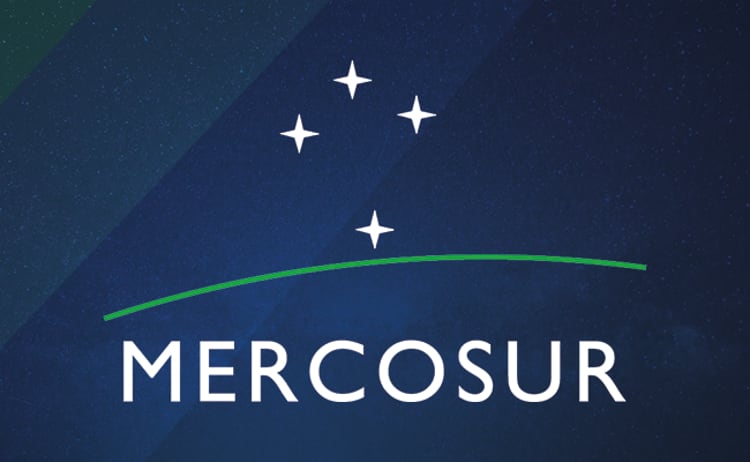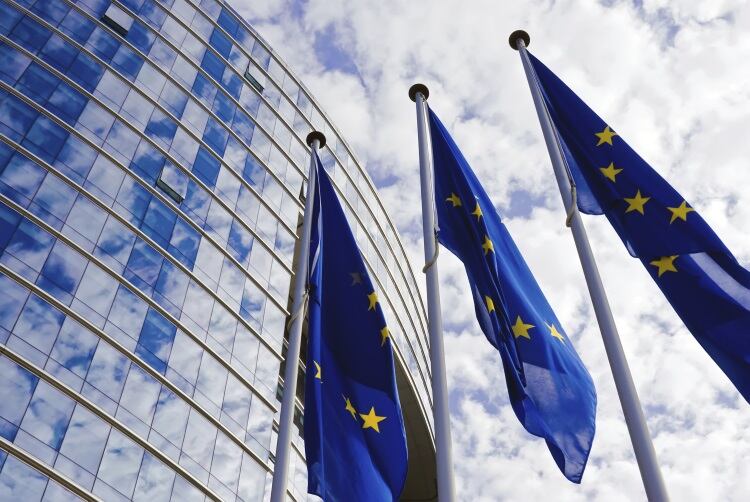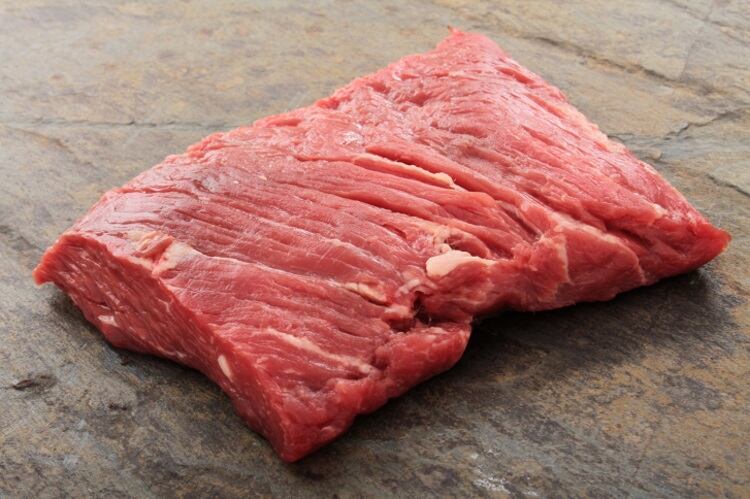The talks between Mercosur and the EU began in 1999 with an agreement reached late last week which will see a reduction or removal of trade tariffs for a number of products including meat products exported from Mercosur members to the EU.
Currently, EU bilateral trade with Mercosur totals €88bn a year for goods and €34bn for services. According to the European Commission, the agreement will means EU exporters will gain from progressive tariff cuts that over time will bring European companies yearly savings of more than €4bn.
On the deal, Mercosur said: “The agreement reached ensures the main objectives set by the Mercosur countries as it improves the access conditions in goods and services for our exports, while allowing a transition time for the commercial opening of European goods and services and preserves tools of industrial development in fields such as intellectual property, public procurement and commercial defence.
“The agreement will provide opportunities to export to a market with more than 500 million inhabitants with an average GDP per capita of USD34,000 and access to a more diverse and higher quality product offer at more competitive prices for our industries and consumers.”
Historic achievement
Speaking to Global Meat News, International Meat Trade Association CEO Katie Doherty said: “20 years in the making, the EU-Mercosur agreement which was reached on Friday is an historic achievement.
“Details of the quota administration mechanisms for the beef and poultry meat quotas and phasing in of the agreement will be key.”
Doherty added that the agreement would make the UK’s post-Brexit trade negotiations more difficult.
“Cecilia Malmström has had an impressive run as EU trade Commissioner with CETA, EU-Japan and now Mercosur and Vietnam under her belt and demonstrating the importance of two-way trade.
“With the UK set to leave the EU she has significantly increased the size of the UK task to rollover EU Free trade agreements with Vietnam and Mercosur signed in one weekend.”
Double standards
However not everyone is happy with the terms of the deal. EU farming trade bodies Copa and Cogeca issued a joint statement expressing disappointment. “Copa and Cogeca deeply regret the substantial concessions made in the agricultural chapter with Mercosur. Considering the huge difference in production standards, the imports of Mercosur’s agricultural goods will de facto establish double standards and unfair competition for some key European production sectors, putting their viability at stake.”
Secretary General of Copa and Cogeca, Pekka Pesonen said: “Bolsonaro can praise the work of his negotiation team. From our point of view, it is hard to accept that just a few weeks after the EU elections, the exiting European Commission signs a deal that will encourage a double standards trade policy and widen the gap between what is being asked from European farmers and what is tolerated from Mercosur producers.
“It is not just economics that is at stake here. It is the triple bottom line of European sustainability: social, economics, and the environment. We call on heads of state and chief of governments to take a strong position by nominating a new Commission President who is able to close this Pandora’s box, protect the EU agricultural sector and respect the EU civil society’s expectations.”
Irish farmers have also expressed their displeasure at the outcome. In a statement, Irish Farmers Association president Joe Healy described it as a “bad deal for Ireland and for Irish farmers, the environment and for EU standards and consumers”.
“While Commissioner Hogan has done much good work, when he looks back on his five-year term, he will have to consider this Commission sell-out as a low point,” said Healy. “The ‘turning a blind eye’ approach to double standards and environmental degradation in Brazil is indefensible. It makes an utter mockery of the pledge that this EU Commission signed when it took up office in 2014 to uphold EU legislation.
“This deal represents a backroom deal with big business and kowtows to the likes of Mercedes and BMW in their drive to get cars into South America,” he said. “It is a disgraceful and feeble sell out of a large part of our most valuable beef market to Latin American ranchers and factory farm units.”
Healy also criticised what he feels is a lack of parity in terms of standards. “Irish and European farmers adhere to the highest standards on traceability, animal welfare, food safety and the environment. Farmers in Brazil do not. Yet our Government and the EU Commission waved the white flag and disregarded what consumers expect from their farmers.”



